Is AI Really A Job Killer? These Experts Say No
3 October 2022
If you believe all the doom and gloom in the news today, you might think automation and the deployment of AI-enabled systems at work will replace scores of jobs worldwide.
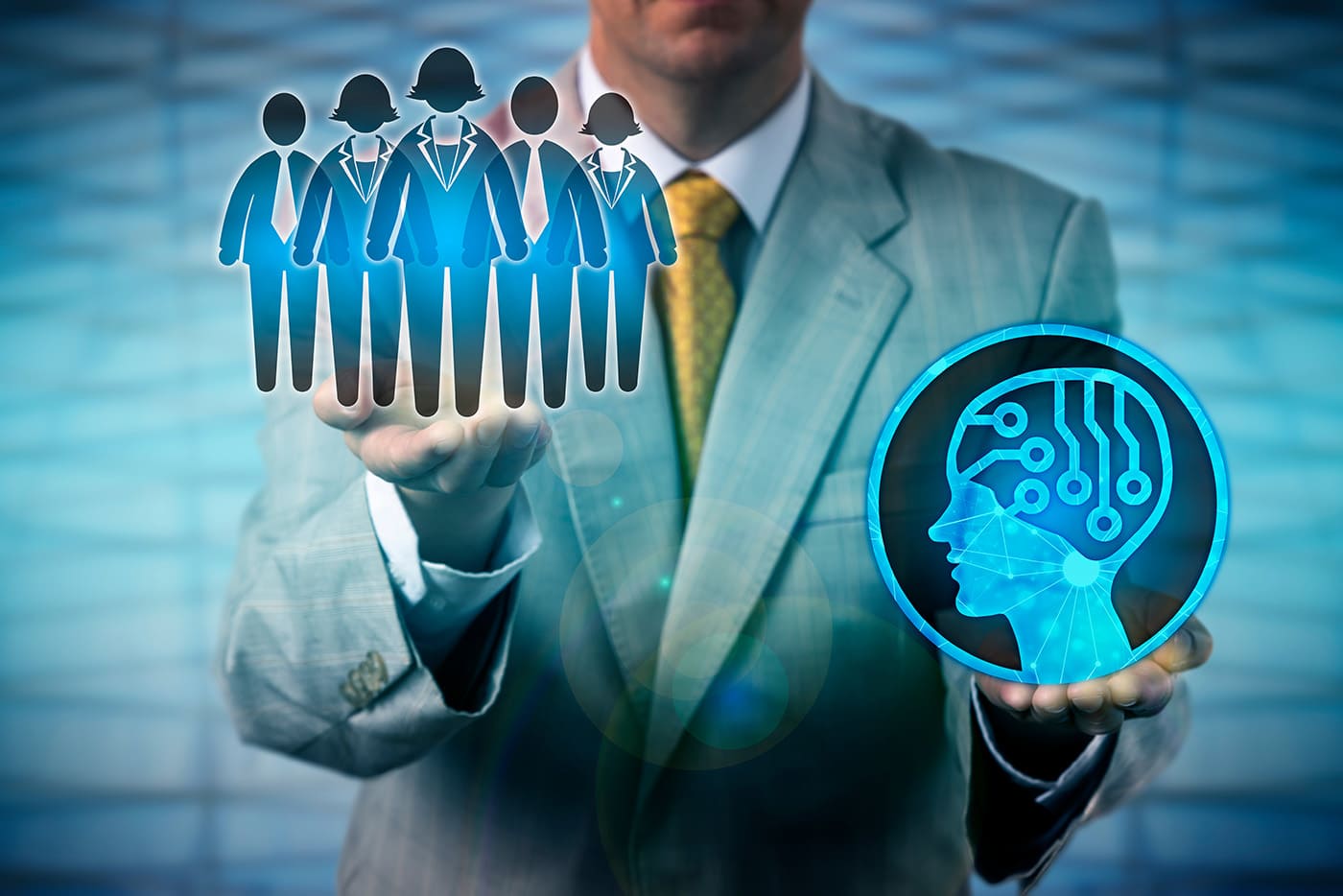
But management and technology experts Thomas Davenport and Steven Miller argue that AI is not a job destroyer — no matter what other predictions might say. Yes, AI and intelligent technology will take over some jobs, but that will free up workers to do more challenging and important work.
Tom and Steven recently completed a book on this topic called Working with AI: Real Stories of Human-Machine Collaboration, and I got the chance to speak with them about their predictions for how AI will fit in with the workplaces of the future.
Here’s How AI Is Augmenting Humans in the Workplace
When I asked Tom and Steven for some examples of AI-augmented work, they brought up several innovative examples.
Morgan Stanley’s wealth management business unit is using machine learning to make customized investment predictions, similar to the way Netflix uses predictive technology in the entertainment world. Wealth managers who use the system are not only more productive, but also have happier, more satisfied clients.
A machine shop is using HoloLens mixed reality smart glasses and augmented reality to train operators on how to use machinery. Steven says, “This is a wonderful example of how new technology actually makes it easier for new entrants to come into a job.”
At the Jewel Changi shopping complex in Singapore, security teams are using AI to analyze video and input from other sensors to identify situations that might require human security agents to follow up.
How Will AI Impact the Future of the Workplace?
I asked Tom and Steven about the overall impact of AI in the workplace of the future, and they shared several important trends they’re seeing.
“People will need to embrace digital and intelligent technologies if they’re going to be successful in their jobs,” Tom shared. “I worked with a radiologist in the Boston area who also has a Ph.D. in AI. And he kept saying, ‘The only radiologists who are gonna lose their jobs to AI are those who refuse to work with AI.’”
They were quick to mention that “embracing digital and intelligent technologies” doesn’t mean everyone has to understand the mechanisms of machine learning or be able to build underlying DevOps platforms. People simply need to understand how to use the tools and understand how AI can help them perform their work.
Tom also predicted that AI is unlikely to be able to compete with humans in contextual understanding — at least, not anytime soon. One of his favorite examples is the online personal styling company StitchFix.
“AI helps create styling recommendations for customers, but they also have human stylists…the customer sends in notes sometimes about the context of their clothing needs. They’ll say, ‘I’m going to a wedding and my ex will be there” and the computers don’t understand that yet. Humans will be able to pick out an alluring dress for the woman to wear.”
Tom and Steven found a number of cases where AI can take the first swipe at solving a problem, but a company still needs a human to pull it all together, revise it, review it, and potentially override the AI’s answers.
Steven also mentions the fact that AI is only a small part of the monumental changes that will happen in workplaces. “It takes a village to change a job with AI,” he says. “You need a lot of job roles across many different departments that have to be brought into alignment and coordination…these systems don’t materialize overnight.”
AI Doesn’t Have to Kill Jobs — But Companies Must Be Ready
As jobs get augmented, amplified, and transformed, Steven and Tom both encourage companies to create thoughtful strategies about where the technology is going, and what kinds of skills and capabilities are needed.
Understanding what work will be done by digital workers, what needs to be done by human beings, and how the two will relate will be the key to maintaining a competitive edge in the marketplace of the future.
You can watch my full interview with Tom and Steven here:
Related Articles
The Biggest Barriers Blocking Agentic AI Adoption
By now, “smart” versions exist of just about every home appliance, gadget and gizmos we can think of. However, manufacturers continue[...]
Space, AI, And The Future Of Human Potential
By now, “smart” versions exist of just about every home appliance, gadget and gizmos we can think of. However, manufacturers continue[...]
AI Agents Are About To Reshape The Future Of Business
By now, “smart” versions exist of just about every home appliance, gadget and gizmos we can think of. However, manufacturers continue[...]
The Marketing Metrics That Will Matter Most In The Age Of AI Agents
By now, “smart” versions exist of just about every home appliance, gadget and gizmos we can think of. However, manufacturers continue[...]
AI Travel Hacks And Prompts That Will Save You Time, Money And Stress
By now, “smart” versions exist of just about every home appliance, gadget and gizmos we can think of. However, manufacturers continue[...]
AI Agents Are Already Reshaping Business Leadership And Decision Making
By now, “smart” versions exist of just about every home appliance, gadget and gizmos we can think of. However, manufacturers continue[...]
Sign up to Stay in Touch!
Bernard Marr is a world-renowned futurist, influencer and thought leader in the fields of business and technology, with a passion for using technology for the good of humanity.
He is a best-selling author of over 20 books, writes a regular column for Forbes and advises and coaches many of the world’s best-known organisations.
He has a combined following of 4 million people across his social media channels and newsletters and was ranked by LinkedIn as one of the top 5 business influencers in the world.
Bernard’s latest book is ‘Generative AI in Practice’.




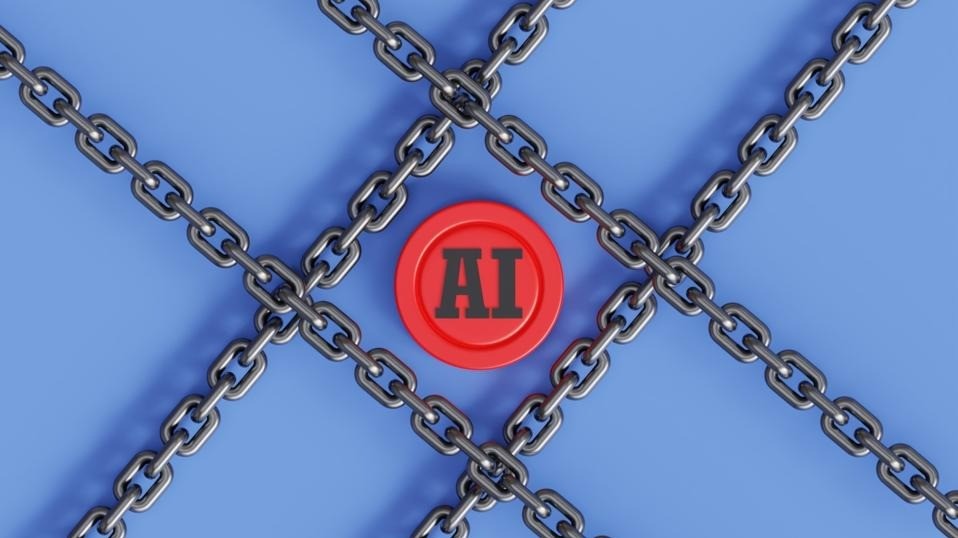
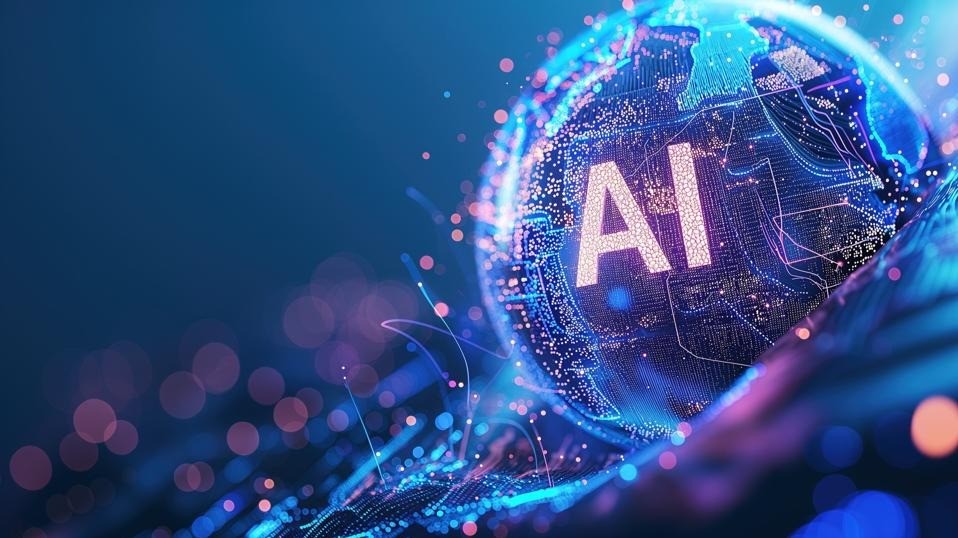
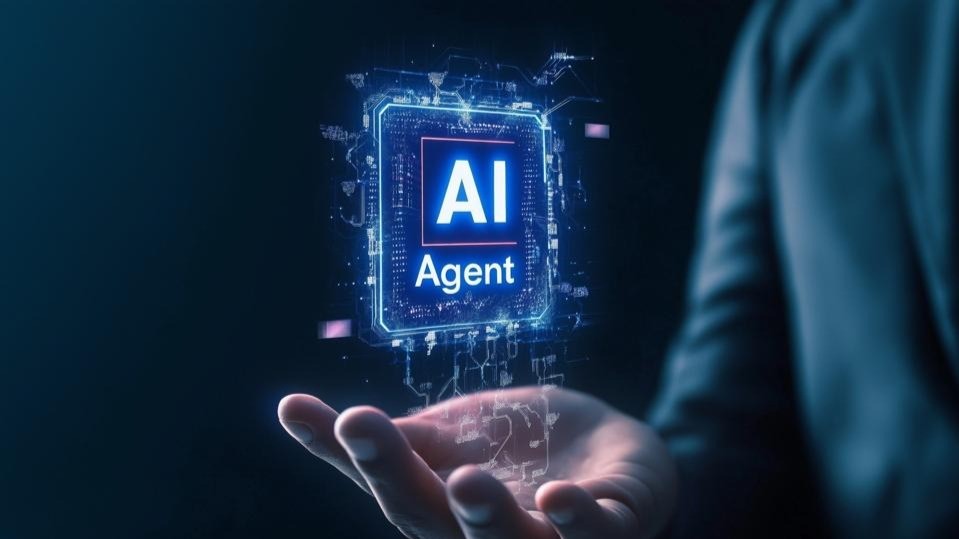
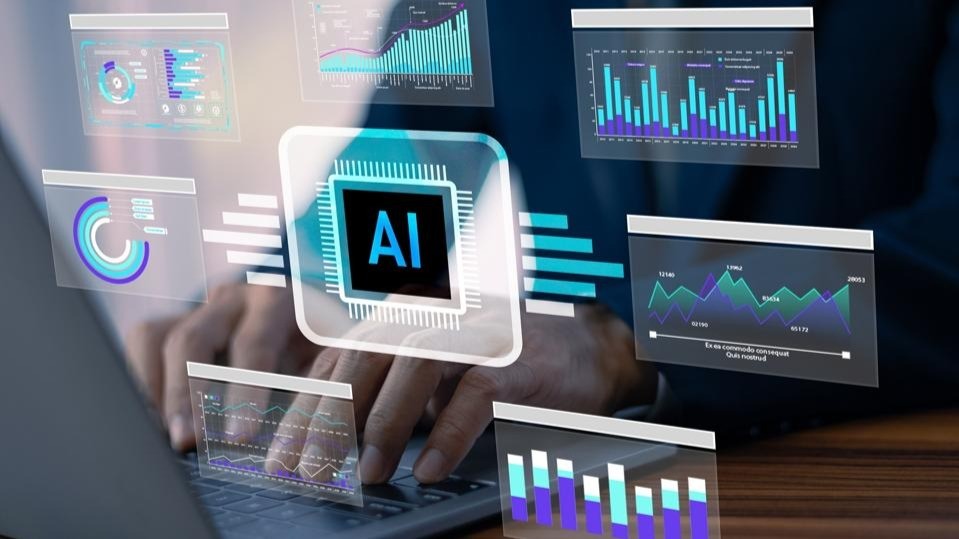

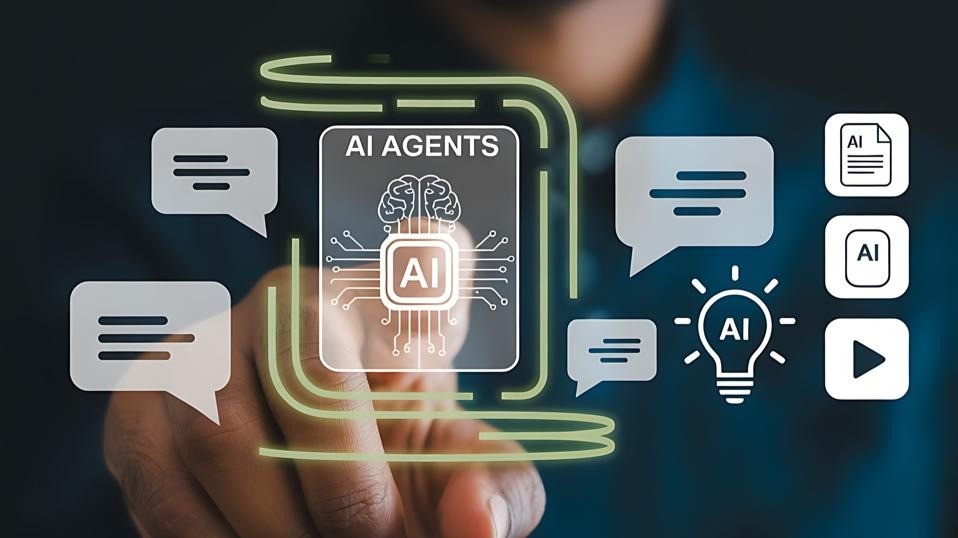
Social Media